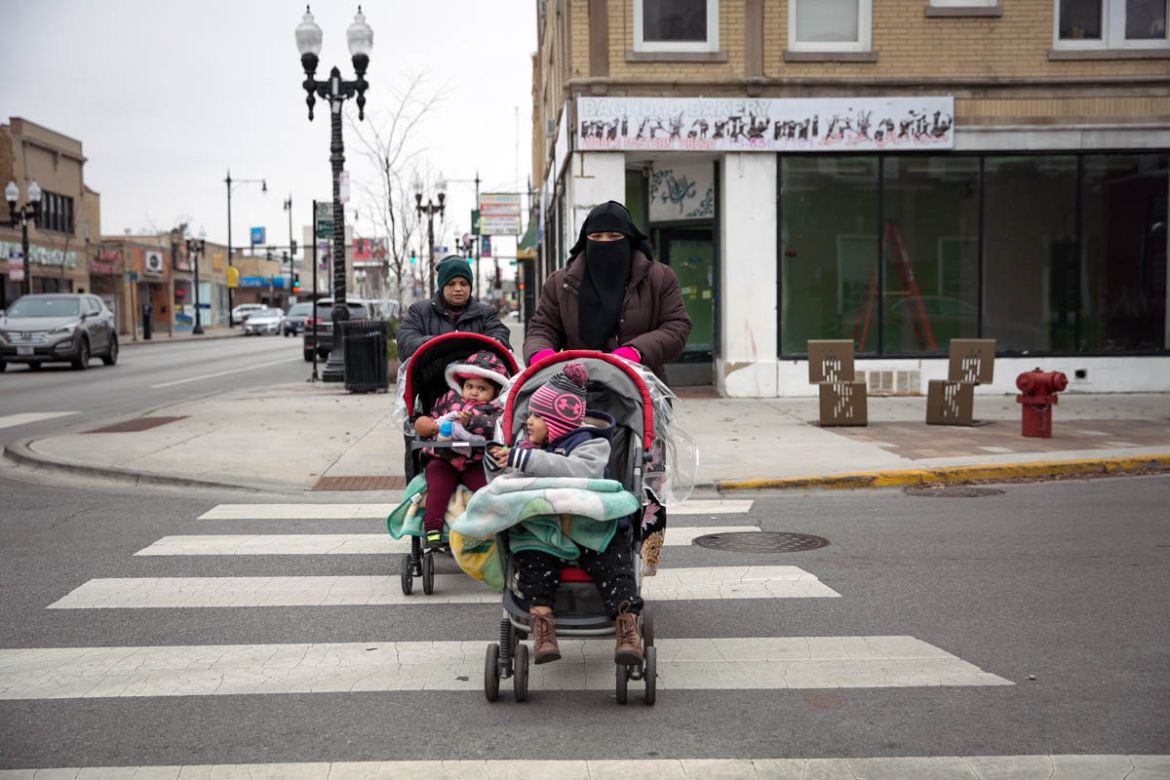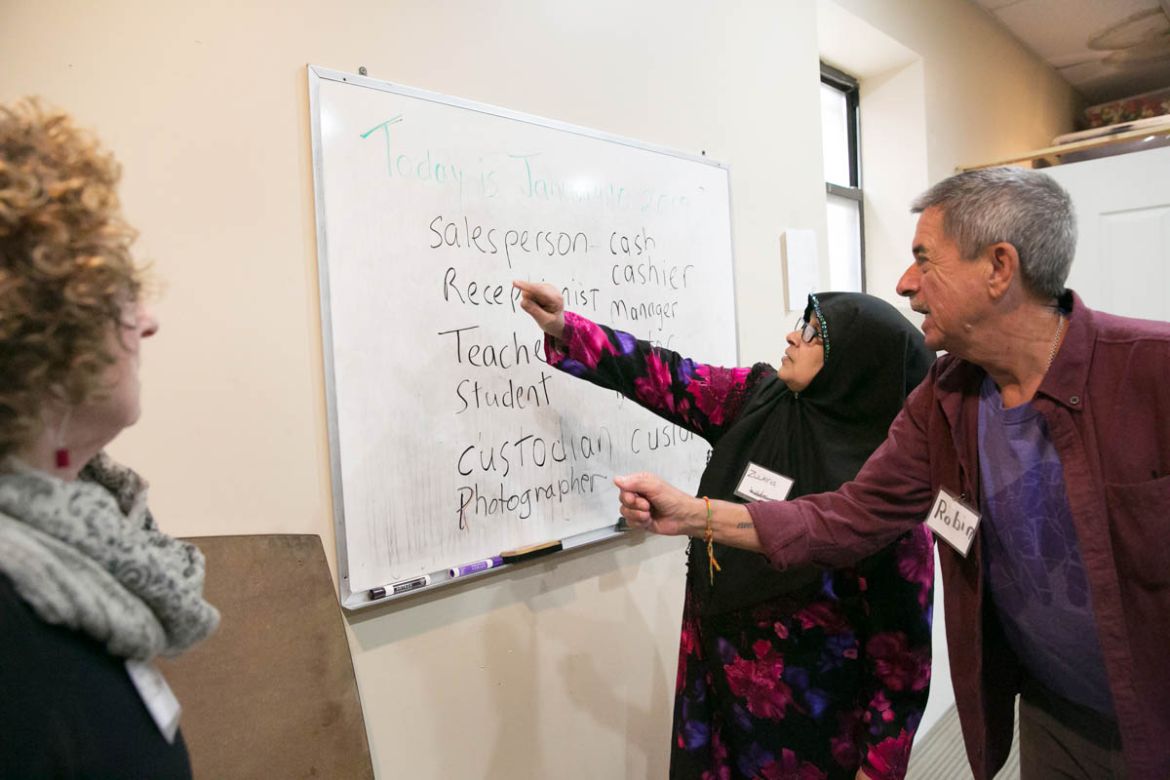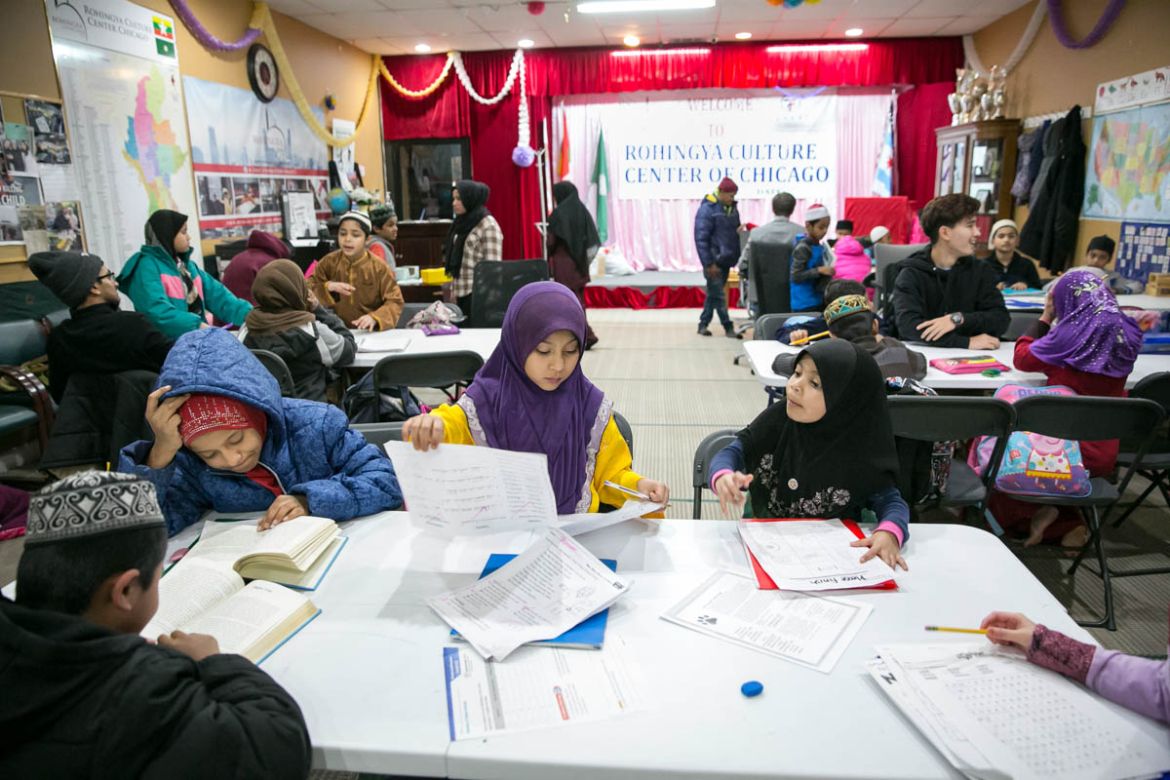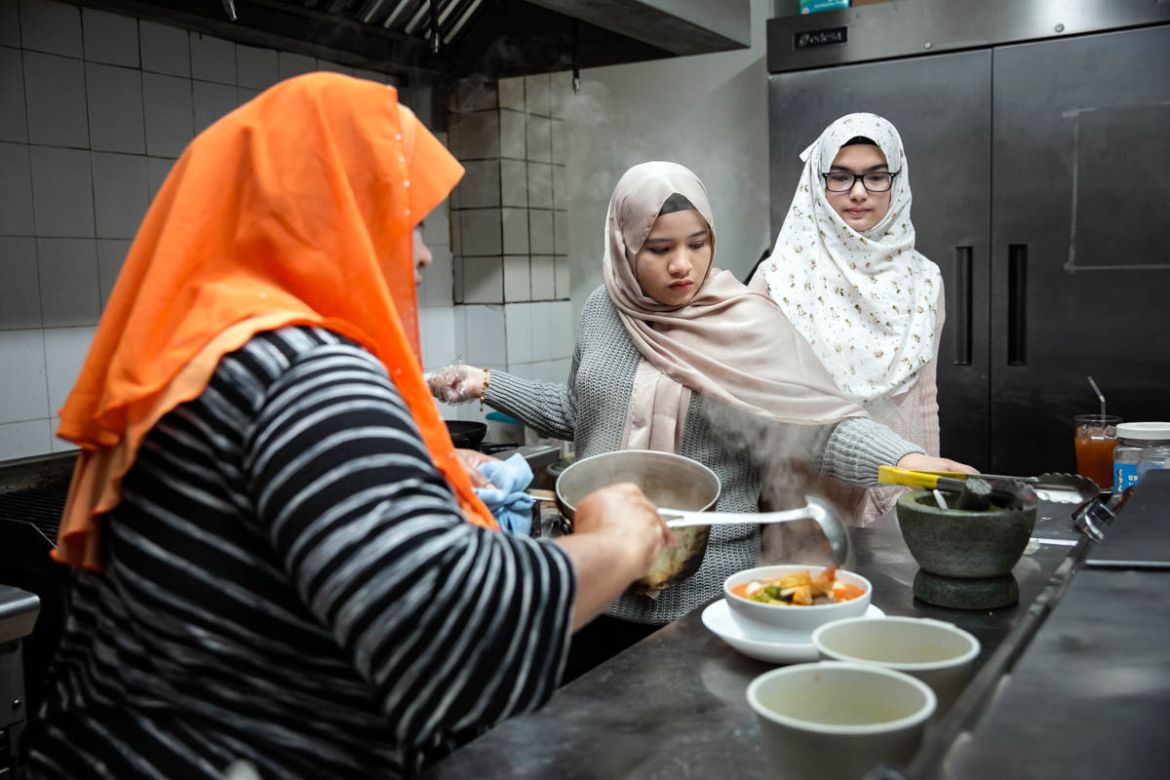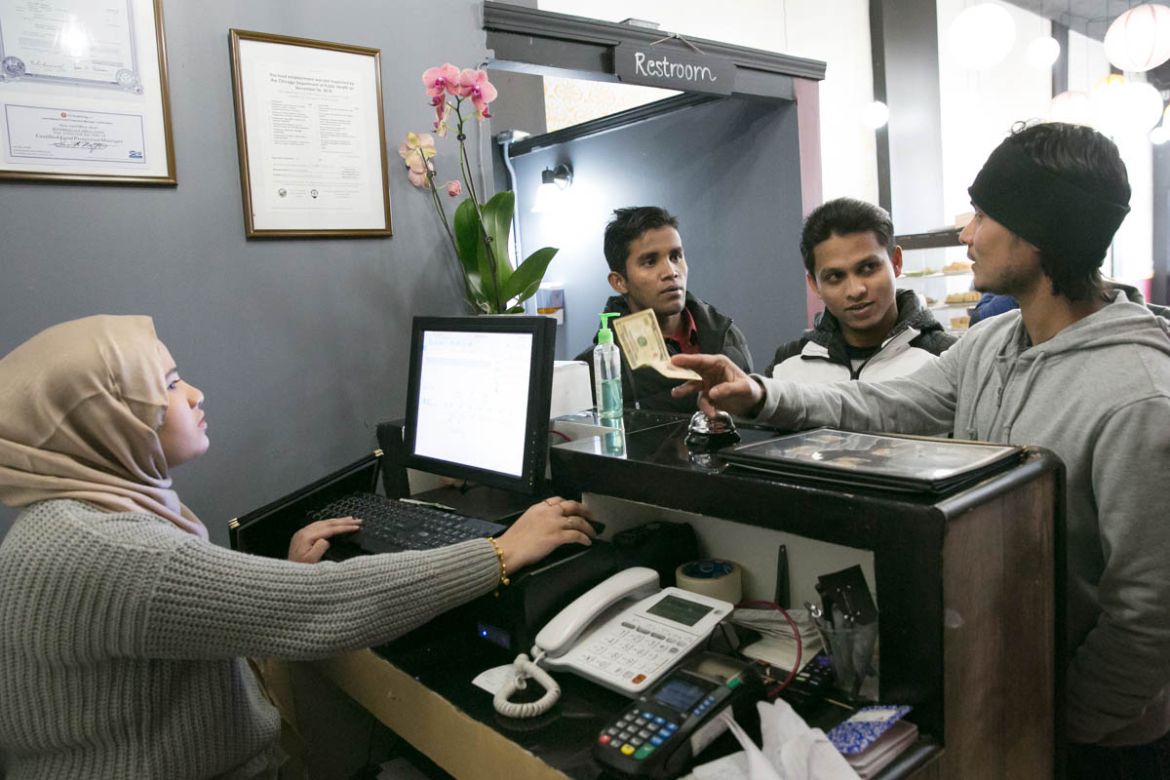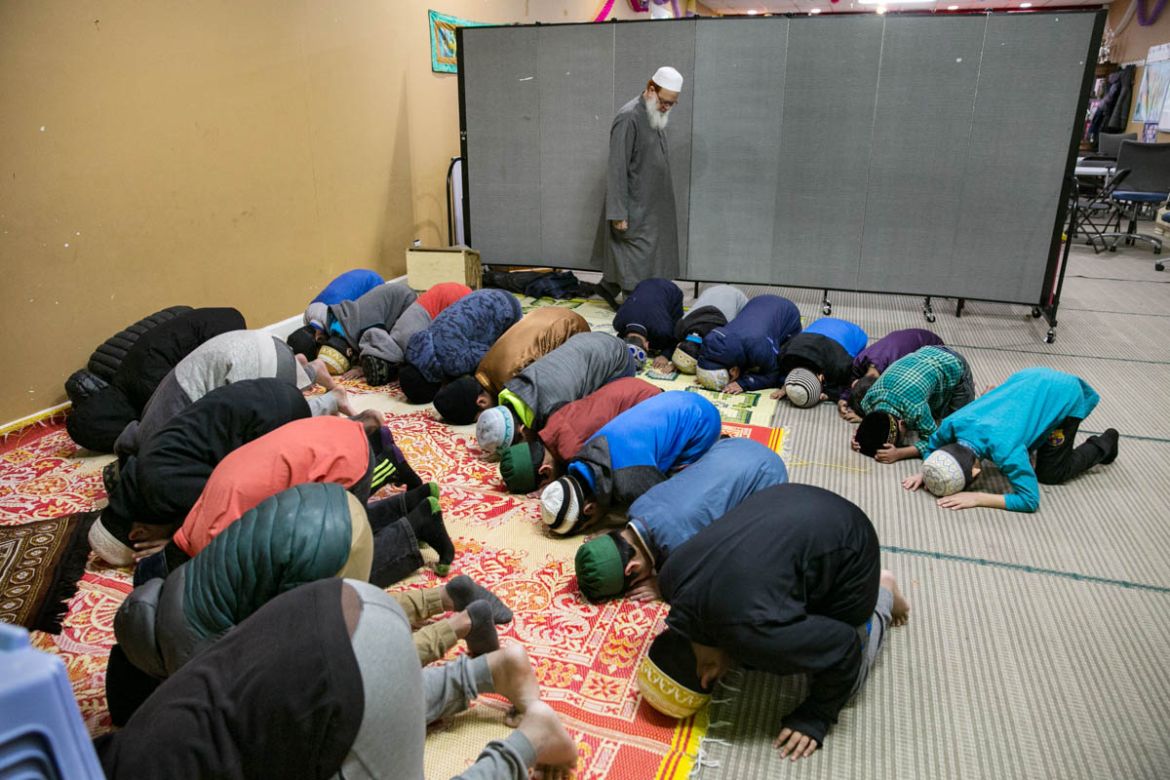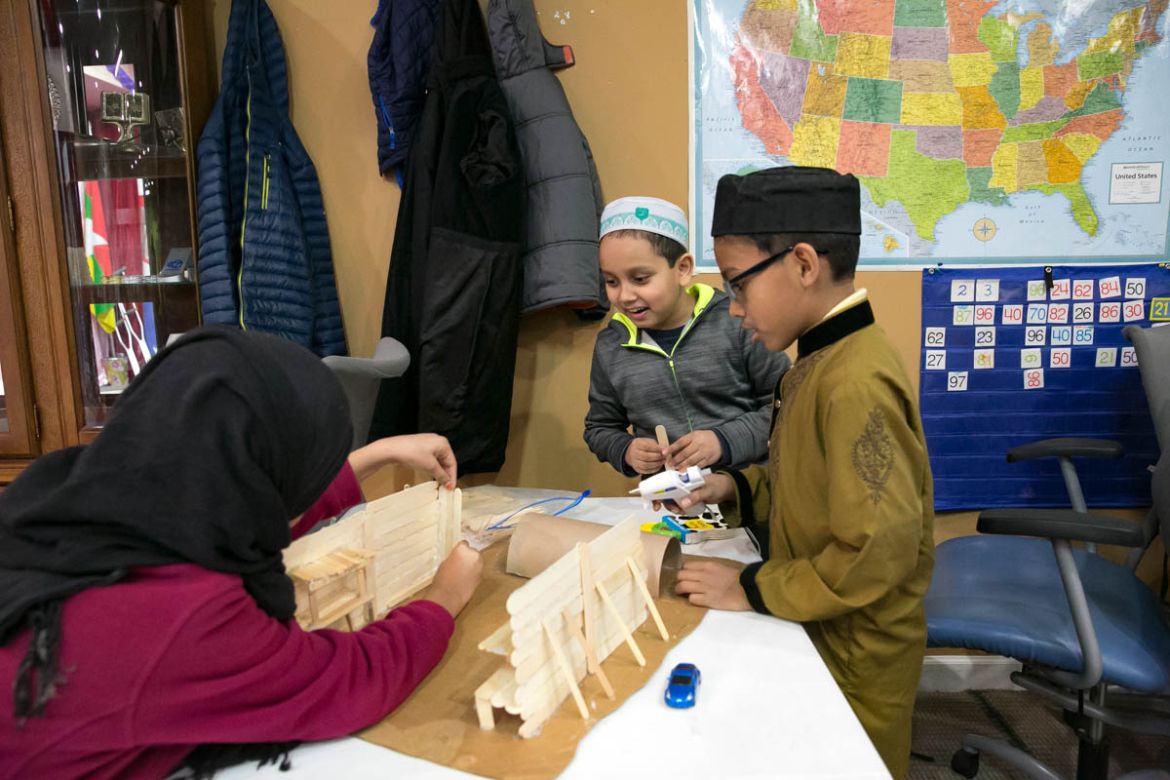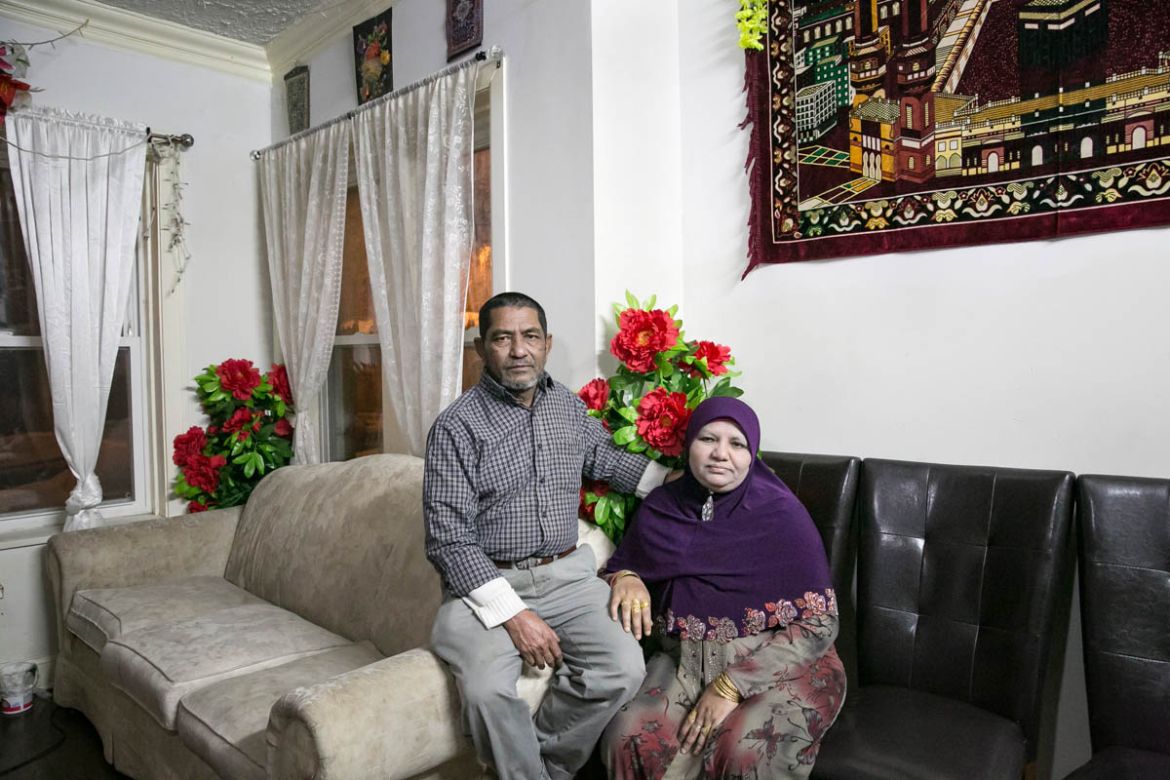In Pictures
Rohingya refugees rebuilding their lives in Chicago
Chicago has one of the largest number of Rohingya refugees that have been resettled in the US.
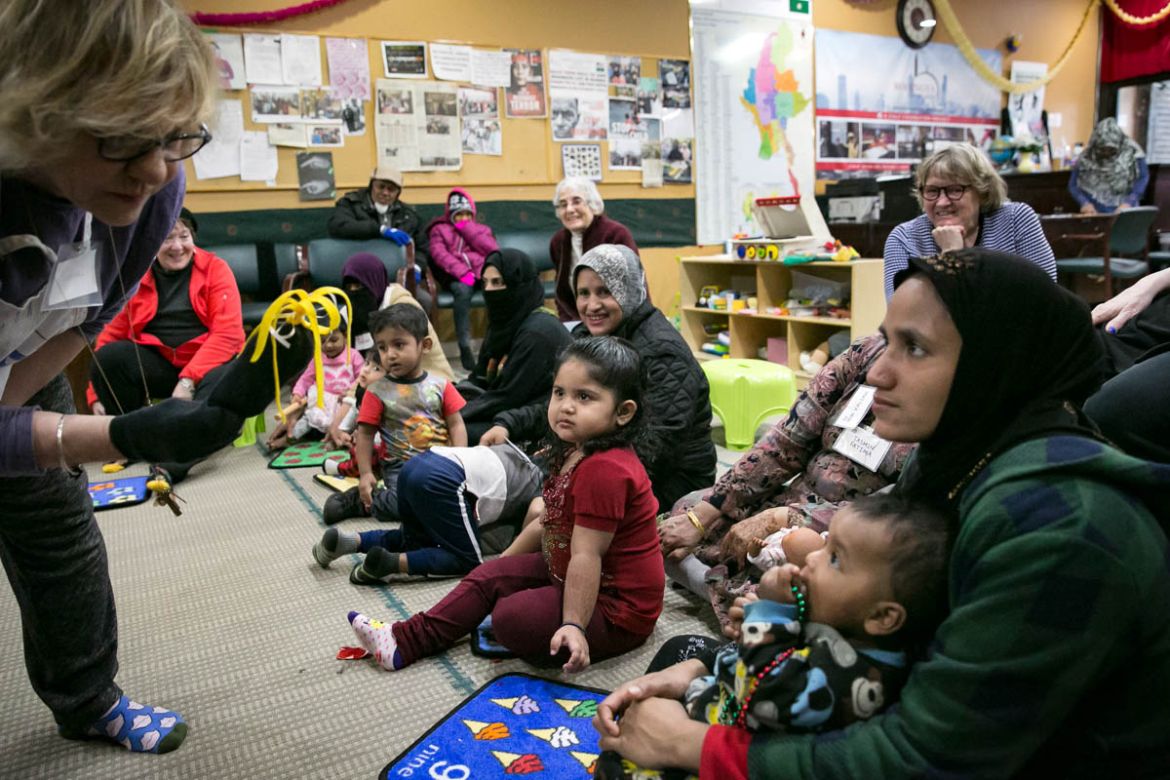
Chicago has one of the largest number of Rohingya refugees to have been resettled in the United States.
More than 1,600 Rohingya are based in Chicago, having spent years in Malaysia after fleeing persecution and violence in Myanmar in the 1990s and 2000s.
Rohingya are an ethnic, mostly Muslim minority who have faced decades of discriminatory policies and violence in Myanmar where the government considers them illegal immigrants from Bangladesh.
The Rohingya Cultural Center of Chicago was founded in 2016 by Nasir Zakaria, a Rohingya refugee who settled in the US in 2013.
The centre provides English lessons and Quran classes, as well as computer training, translation services and assistance with resettlement paperwork.
It also organises football teams for the youth.
Last December 2018, the US House of Representatives passed a resolution labelling the Rohingya crisis as “genocide”.
President Donald Trump has capped the number of refugees that can be resettled in the United States in 2019 at 30,000, the lowest ceiling a president has placed on the refugee programme since its creation in 1980.
